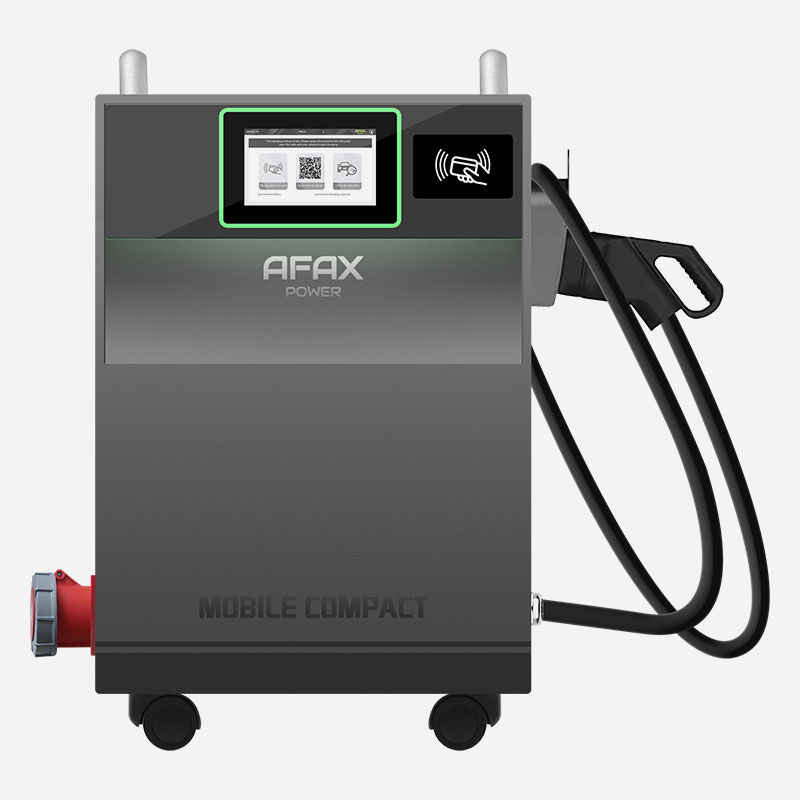The Impact of EV Charging Stations on Grid Stability
- afaxpower5
- Jun 14, 2024
- 2 min read
The proliferation of electric vehicles (EVs) has brought forth a new concern for power grid stability due to the increased demand for electricity. The impact of EV charging stations, particularly those of higher capacities, such as the 120KW EV charger or the super-fast charger, is significant.https://www.afaxpower.com/posts

The 120KW EV charger, for example, is designed to deliver a substantial charge in a short span, allowing EVs to be charged within half an hour. This high-power transfer, while convenient for EV owners, can strain the grid during peak hours.
Similarly, super-fast chargers, which provide even higher power levels, can exacerbate this issue. These chargers can provide a full charge in as little as 15 minutes, placing an enormous load on the grid, especially when multiple units are used simultaneously.
Level 2 charging stations, however, offer a more grid-friendly solution. These systems, typically rated at around 32A, provide a slower charge, usually over several hours. This slower, steady demand for power is easier for the grid to accommodate and can be further optimized by charging during off-peak hours, reducing the strain on the grid.
However, the impact of EV charging stations on grid stability isn't solely a challenge; it can also be an opportunity. As more EVs come online, they could potentially act as a vast distributed energy storage system. With smart charging systems and grid-interactive capabilities, EVs could draw power during periods of low demand and feed power back into the grid during peak demand periods, helping to balance loads and enhance grid stability.
In conclusion, while EV charging stations, particularly high-capacity systems like the 120KW EV charger and the super-fast charger, can pose challenges to grid stability, with careful planning, smart technology, and grid-interactive solutions, they can also contribute to a more resilient power grid.




Comments